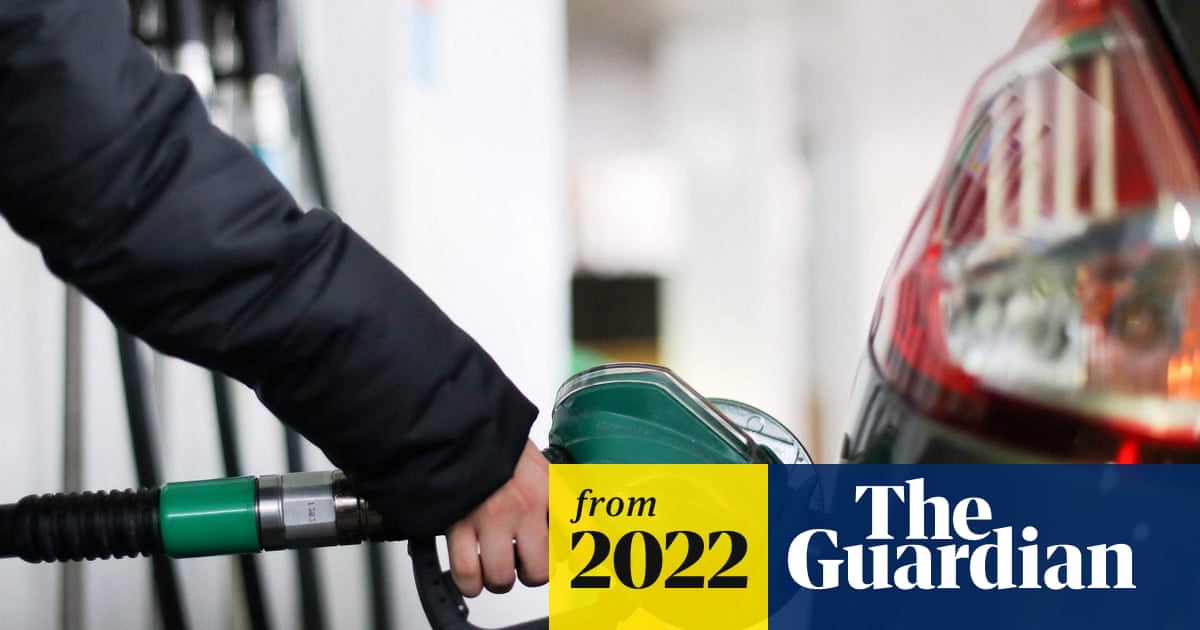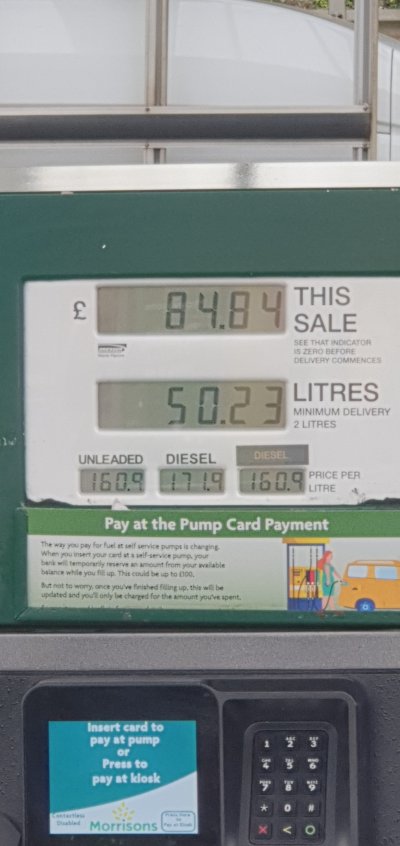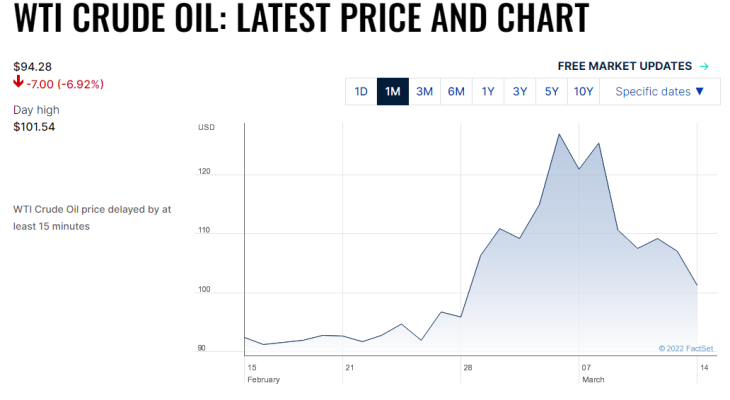Even then though, those shareholders are every day people, some being direct shareholdings, others being indirect through pension schemes and other schemes, or some employee incentives.
This isn’t aimed
@pillow
Human nature tends to make sense of the world through the concept of “they”, which is pretty much anyone and everyone who is not “them”, and may not even exist in many cases, like conspiracy theories for example.
Whether it be rich greedy shareholders, incompetent Government organisations, or even those described by some to have engineered the likes of COVID-19 the switch to electric vehicles, etc.
The reality is that not every shareholder is greedy, nor every Goverment employee incompetent, nor is there a machiavellian group behind events which are difficult to make sense of. It’s easier to say “they”.
It makes it easier to avoid responsibility and it makes it easier to lay blame because it is always someone else’s “fault” who cannot put a counter argument forward as it’s too generic or a public figure.
It’s always been the case. It’s how religions formed. Making sense of the world around us and the events which affect us, and explaining the unexplainable - years ago maybe disease, natural disaster, famine, etc.
There is no “they”, there is no greater power, there is no illuminati. There are just other everyday people who ironically believe that “we” are “they”, because to them that’s exactly what we are.
Back to topic. Many of us are shareholders, pensioners, company employees, tax payers, government employees, so all of us will be a “they” to someone somewhere, and we‘ll all both benefit and pay the price.



